Noma and the decline of fine dining
World’s best restaurant no longer ‘sustainable’ as gastronomy industry faces reckoning
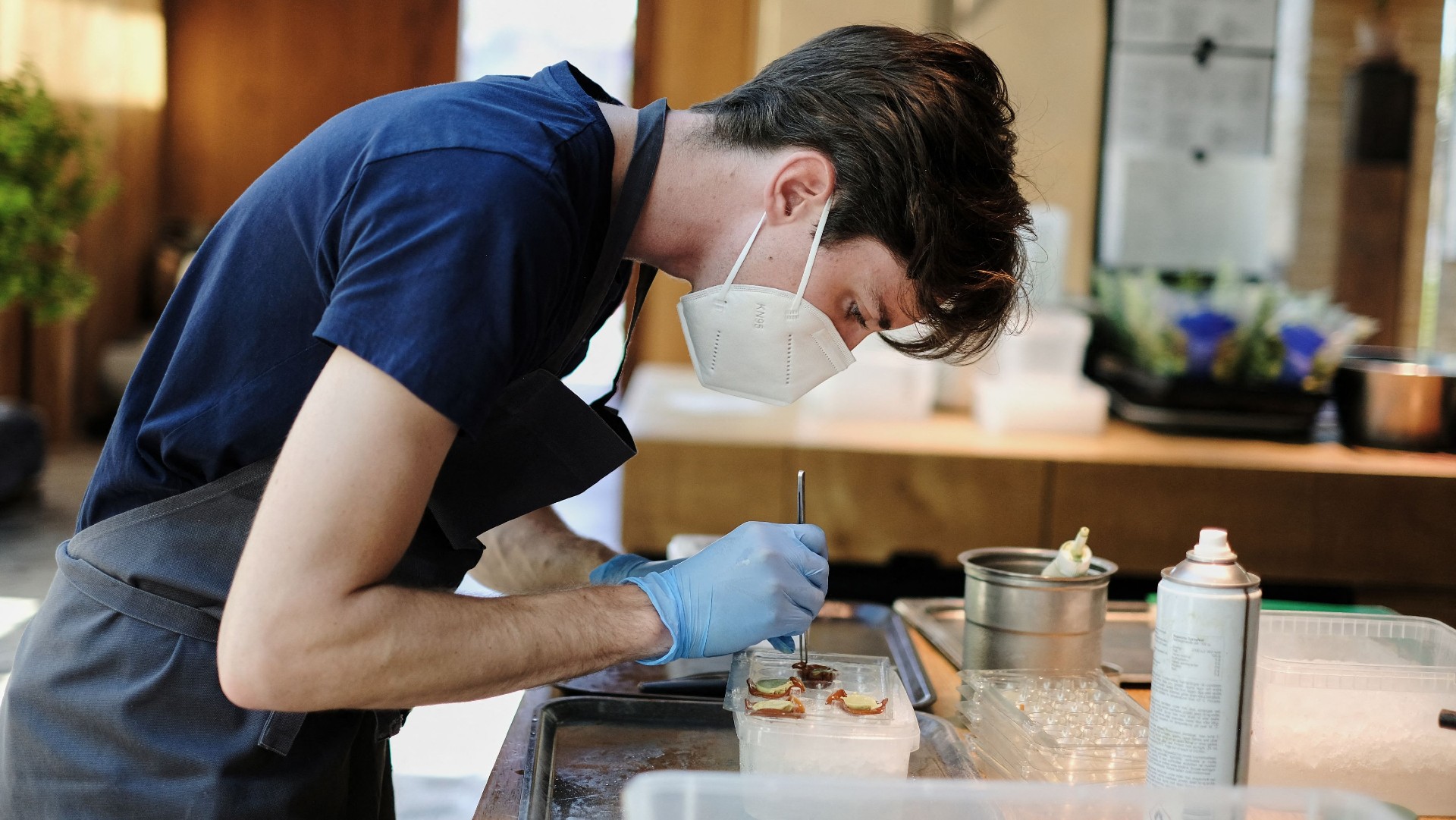
A free daily email with the biggest news stories of the day – and the best features from TheWeek.com
You are now subscribed
Your newsletter sign-up was successful
The world’s best restaurant is to close its doors at the end of next year after its star chef and co-owner said it was too hard to make ends meet.
The three-Michelin-starred Noma, which opened in Copenhagen in 2003, “helped to define a genre of ultra high-end, locally foraged, and culinarily groundbreaking cuisine”, said Condé Nast Traveller, serving up dishes such as Mouldy Egg Tart and Reindeer Heart Tartare.
It has been named among the best restaurants in the world several times, taking the number-one spot in the list of The World’s 50 Best Restaurants in 2021. The shock of Noma’s impending closure has prompted debate over the long-term future of fine dining.
The Week
Escape your echo chamber. Get the facts behind the news, plus analysis from multiple perspectives.

Sign up for The Week's Free Newsletters
From our morning news briefing to a weekly Good News Newsletter, get the best of The Week delivered directly to your inbox.
From our morning news briefing to a weekly Good News Newsletter, get the best of The Week delivered directly to your inbox.
‘Unsustainable economics’
Despite a seemingly endless stream of eager customers booking months in advance and willing to pay more than £600 per person for a tasting menu, Noma chef René Redzepi said it was becoming too hard to make ends meet because of the “unsustainable” economics at the top end of gastronomy.
“We have to rethink the industry,” the 45-year-old told The New York Times. “This is simply too hard, and we have to work in a different way…It’s unsustainable. Financially and emotionally, as an employer and as a human being, it just doesn’t work.”
“Across the internet, critics, celebrity chefs, and fans have expressed a mixture of sadness and reverence, along with a healthy dose of scepticism,” said Condé Nast Traveller. News of Noma’s closure comes just months after the restaurant began paying its interns, known as stagiaires or stages in the industry, following an exposé by the Financial Times which revealed that around 30 people were working unpaid shifts of up to 16-hour days.
According to The New York Times the practice of paying interns has added $50,000 in monthly operating expenses to the restaurant’s budget, essentially making it financially unviable.
A free daily email with the biggest news stories of the day – and the best features from TheWeek.com
In place of a restaurant serving customers, Noma will instead “become a full-time food laboratory, developing new dishes and products for its e-commerce operation, Noma Projects, and the dining rooms will be open only for periodic pop-ups”, said the paper, with Redzepi’s role becoming “something closer to chief creative officer than chef”.
‘Seedy underbelly of first-class eating’
The shock announcement is “certain to make tables at Noma even more sought after”, said The Telegraph, “but it has also drawn attention to the seedy underbelly of first-class eating, which is often built on unpaid or cheap labour”.
“Behind the decorative verbiage there is an awkward reality”, said The Times: “the business model behind parts of the luxury dining industry is hard to sustain”.
“Noma is not the first to buckle under financial pressure,” added the paper. El Bulli in Catalonia, the former holder of “the world’s best restaurant” title, folded in 2011. In 2018 two-Michelin starred Restaurant André in Singapore followed suit and then last month Manresa, among the highest-rated in Silicon Valley, also closed, with its proprietor David Kinch saying the entire trade was at a crossroads and staff could no longer be subjected to the “back-breaking” work that had become the norm.
“From a customer perspective, the novelty of fine dining seems to be wearing off little by little as well, especially as food prices across the board are on the rise,” said The Take Out, citing a 2021 report by IBIS World which found the fine dining industry was hit hardest by the Covid pandemic and changing eating habits.
“None of this is to say there won’t be room for fine dining in the future – but it will have to be newly realised if it hopes to succeed,” said the food website. “And to reassess the model, giants like Noma and Alinea first must fall so that the industry can start from scratch, building something sustainable in their wake.”
-
 Why are election experts taking Trump’s midterm threats seriously?
Why are election experts taking Trump’s midterm threats seriously?IN THE SPOTLIGHT As the president muses about polling place deployments and a centralized electoral system aimed at one-party control, lawmakers are taking this administration at its word
-
 ‘Restaurateurs have become millionaires’
‘Restaurateurs have become millionaires’Instant Opinion Opinion, comment and editorials of the day
-
 Earth is rapidly approaching a ‘hothouse’ trajectory of warming
Earth is rapidly approaching a ‘hothouse’ trajectory of warmingThe explainer It may become impossible to fix
-
 8 restaurants that are exactly what you need this winter
8 restaurants that are exactly what you need this winterThe Week Recommends Old standards and exciting newcomers alike
-
 Disney bets big on AI, but not everyone sees a winner
Disney bets big on AI, but not everyone sees a winnerTalking Points The company will allow users to create their own AI content on Disney+
-
 Critics’ choice: Watering holes for gourmands
Critics’ choice: Watering holes for gourmandsFeature An endless selection of Mexican spirits, a Dublin-inspired bar, and an upscale Baltimore pub
-
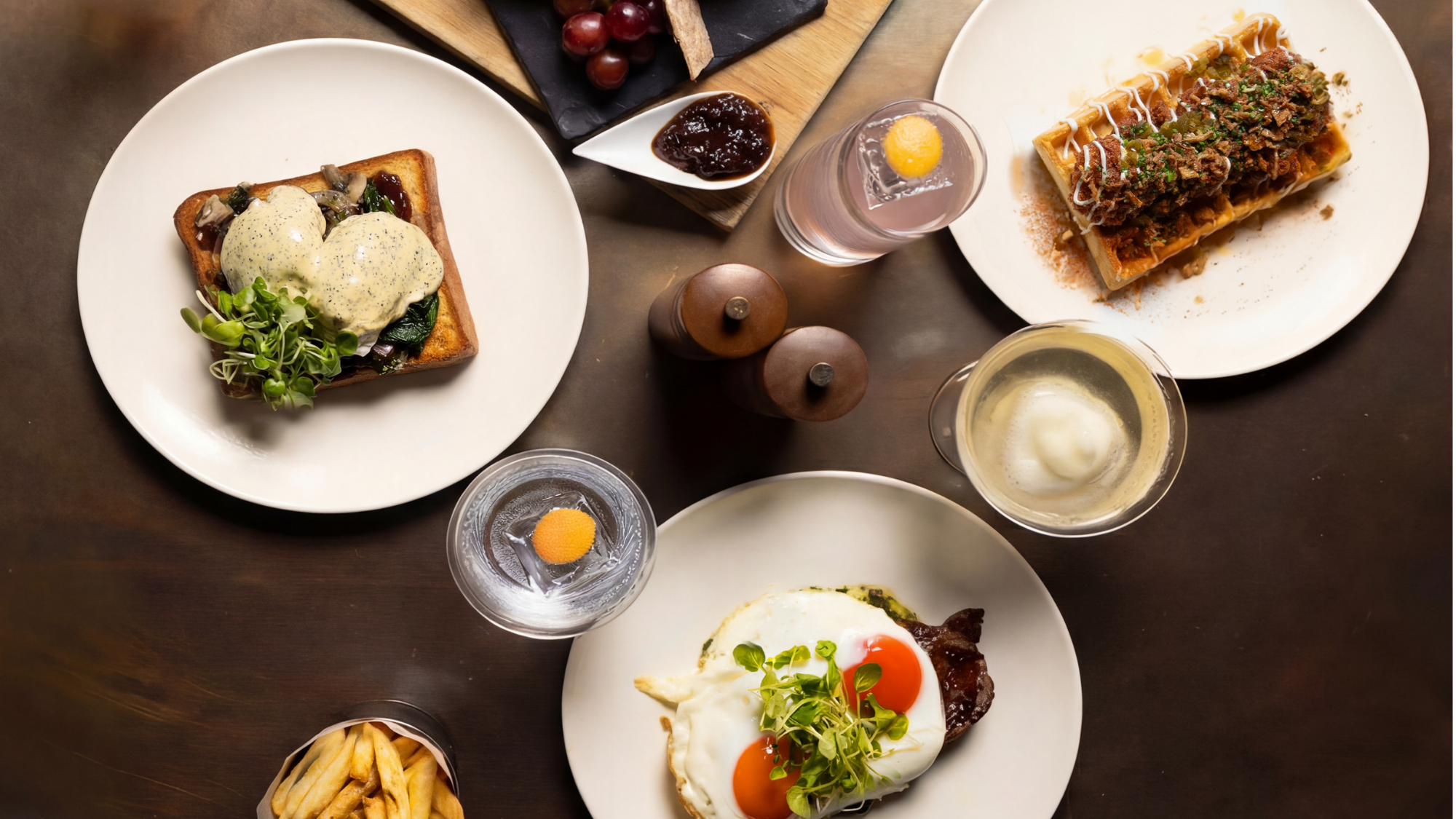 London’s best breakfasts and brunches
London’s best breakfasts and brunchesThe Week Recommends However you like your eggs in the morning, these memorable restaurants have you covered
-
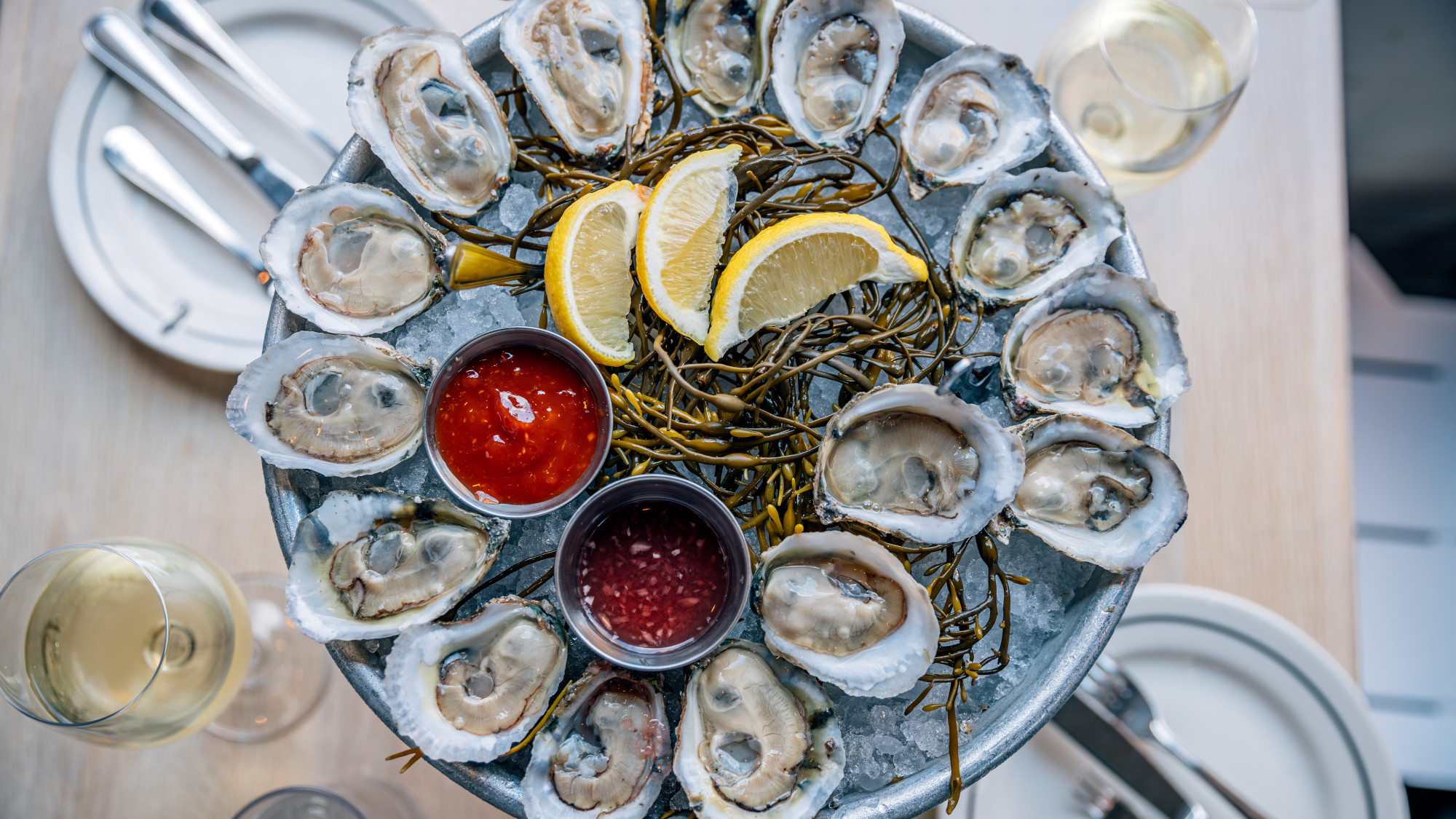 Critics’ choice: Seafood in the spotlight
Critics’ choice: Seafood in the spotlightFeature An experimental chef, a newspaper-worthy newcomer, and a dining titan’s fresh spin-off
-
 Southern barbecue: This year’s top three
Southern barbecue: This year’s top threeFeature A weekend-only restaurant, a 90-year-old pitmaster, and more
-
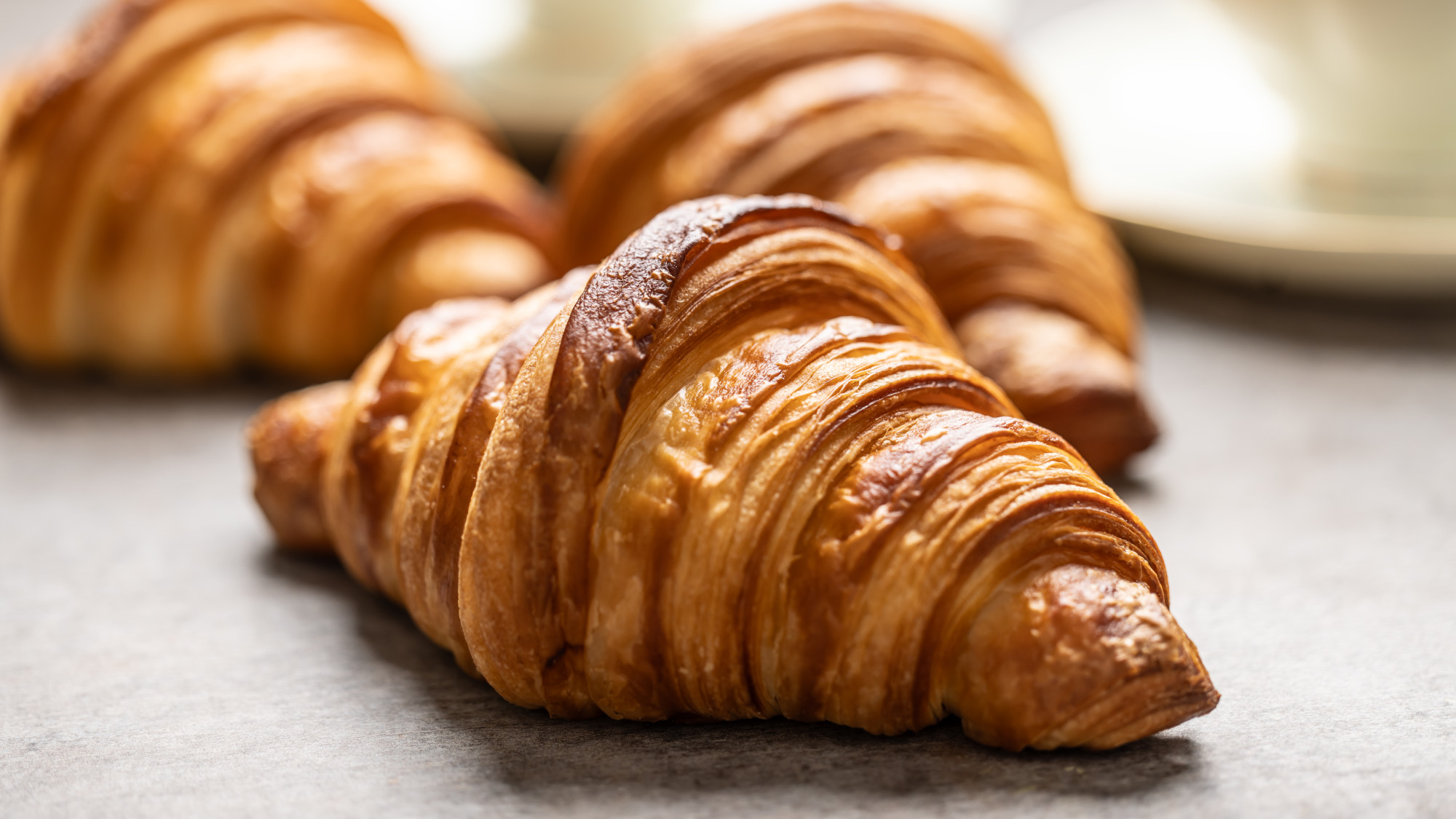 Critics’ choice: Celebrating rare Asian cuisines
Critics’ choice: Celebrating rare Asian cuisinesFeature The 2025 Restaurant of the Year, a Hmong culinary tribute, and an Uyghur feast
-
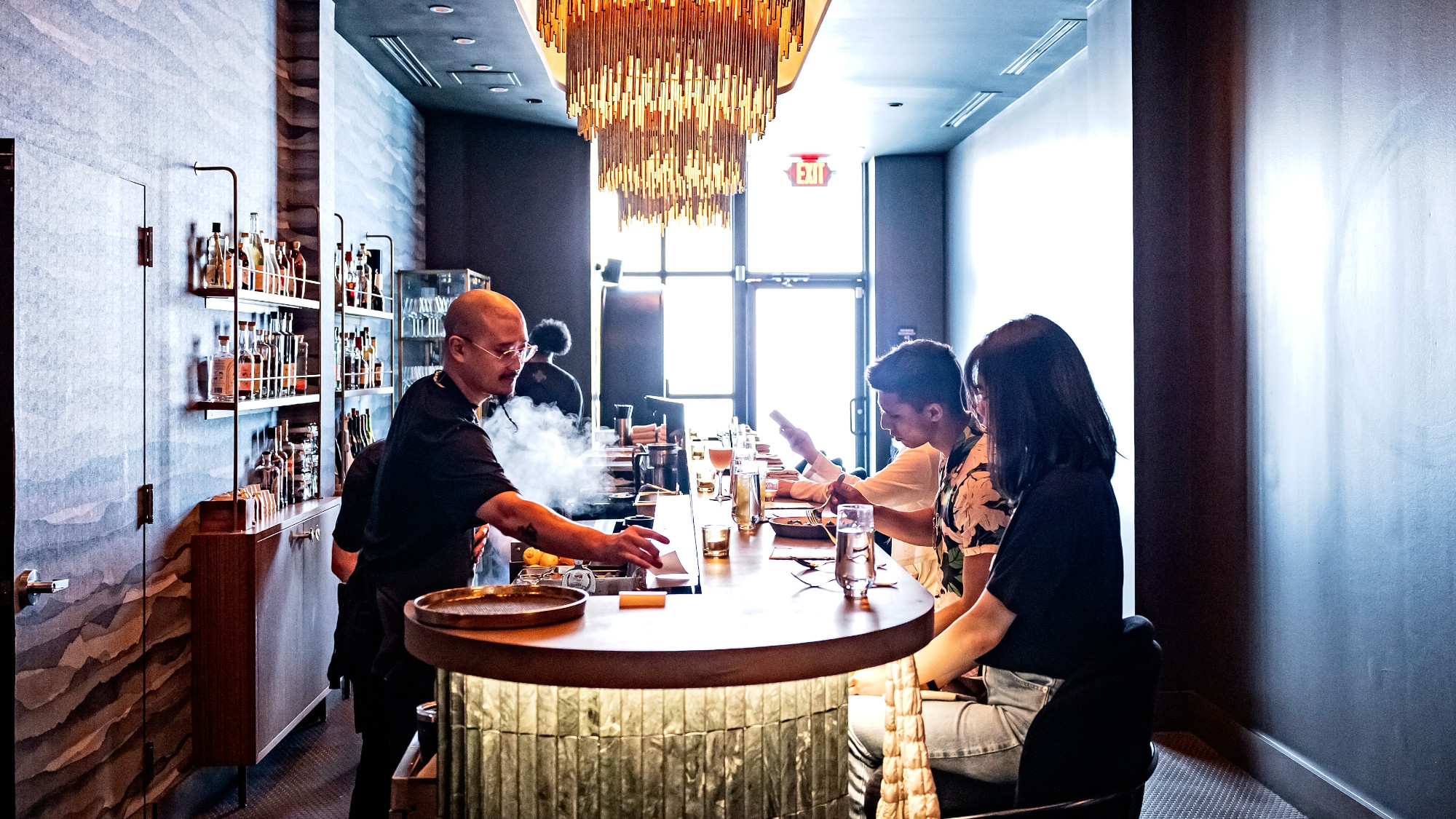 Critics’ choice: Three small yet magical Korean restaurants
Critics’ choice: Three small yet magical Korean restaurantsFeature A chef creates magic from scallops, a restaurant’s no-waste ethos, and more